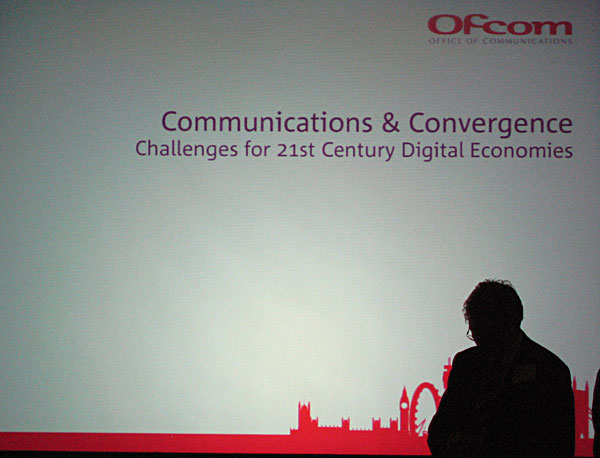Well, well. In Barbara Tuchman’s terrific study of ‘misgovernment’, The March of Folly, she points out one of the strange paradoxes of the war in Vietnam. As the conflict deepened, the government of South Vietnam weakened steadily; but the weaker the Saigon regime became, the greater the influence it was able to exert over the US.
And now in Iraq we see the same thing happening. See this report in today’s New York Times.
BAGHDAD, Nov. 28 — When President Bush meets in Jordan on Wednesday with Prime Minister Nuri Kamal al-Maliki of Iraq, it will be a moment of bitter paradox: at a time of heightened urgency in the Bush administration’s quest for solutions, American military and political leverage in Iraq has fallen sharply.
Dismal trends in the war — measured in a rising number of civilian deaths, insurgent attacks, sectarian onslaughts and American troop casualties — have merged with growing American opposition at home to lend a sense of crisis to the talks in Amman. But American fortunes here are ever more dependent on feuding Iraqis who seem, at times, almost heedless to American appeals, American and Iraqi officials in Baghdad say.
They say they see few policy options that can turn the situation around, other than for Iraqi leaders to come to a realization that time is running out. It is not clear that the United States can gain new traction in Iraq with some of the proposals outlined in a classified White House memorandum, which was compiled after the national security adviser, Stephen J. Hadley, visited Baghdad last month.
Many of the proposals appear to be based on an assumption that the White House memo itself calls into question: that Prime Minister Maliki can be persuaded to break with 30 years of commitment to Shiite religious identity and set a new course, or abandon the ruling Shiite religious alliance to lead a radically different kind of government, a moderate coalition of Shiite, Sunni and Kurdish politicians…
In an essay published before the US went to war in Iraq, Warren Bennis gives a useful summary of Tuchman’s concept of ‘misgovernment’:
In March of Folly, author Barbara Tuchman identifies several types of “misgovernment,” the most tragic of which is folly. Folly occurs when a government pursues policies contrary to the nation’s self-interest. To be classified as folly, misgovernment must satisfy three conditions. First, the misguided policy must be perceived as counter-productive, in its own time; that is, the decision not only looks stupid now, through the shining ether of time, but it looked hugely problematical in its day. Second, other feasible options must be known but rejected. Finally, the questionable policy must be more than the will of an individual leader. It must be shared and propped up by those around the leader, the product of a sort of group-think. Through that prism, Tuchman analyzes four egregious leadership failures: King Priam opening the gates of Troy to the Greeks; the actions of the Renaissance Popes that hastened the Reformation they so feared; King George III’s loss of the American colonies; and, finally and perhaps most relevant today, the Viet Nam war.
In writing about Vietnam, George Kennan observed that Lyndon Johnson and his inner-circle–Dean Rusk, Walt Rostow, and the Joint chiefs–were like “men in a dream, incapable of any realistic assessment of the effects of their own acts.” Today, we see the cortege of folly moving us inevitably toward a war with Iraq. And eerily like LBJ’s “men in a dream,” President Bush and his advisors are leading the march, acting out of sheer wish and will, not allowing nettlesome facts and uncertainties to deter them.
Bennis’s essay is very interesting — worth reading in full. Here’s the bit that caught my eye:
I found myself recalling a principle I learned more than 50 years ago while attending the London School of Economics. I was invited to participate in a training group at the famed Tavistock Clinic for those interested in the emerging practice of group psychotherapy. Its leader was renowned psychiatrist Wilfred Bion, who understood the dynamics of group behavior as well as anyone I’ve ever known. Bion’s insights were simple and profound. And, first among them, was that the leader must avoid, at all costs, getting overly involved with the sickest member of the group.
Focus on the sickest, he warned prospective leaders, and you will undermine yourself in numerous ways. You will polarize the group. The healthier members will begin to resent you and even question the legitimacy of your leadership. They will tend to sit sulkily by while you try single-handedly to detoxify the troublemaker. The only way deal with the sickest member, Bion counseled, is to leave space for the healthier ones to take the problem on collectively. Over-reacting to extreme pathology is the most predictable and serious mistake a leader can make, Bion argued, because it steals responsibility from those who should assume it–the healthier members of the group.

